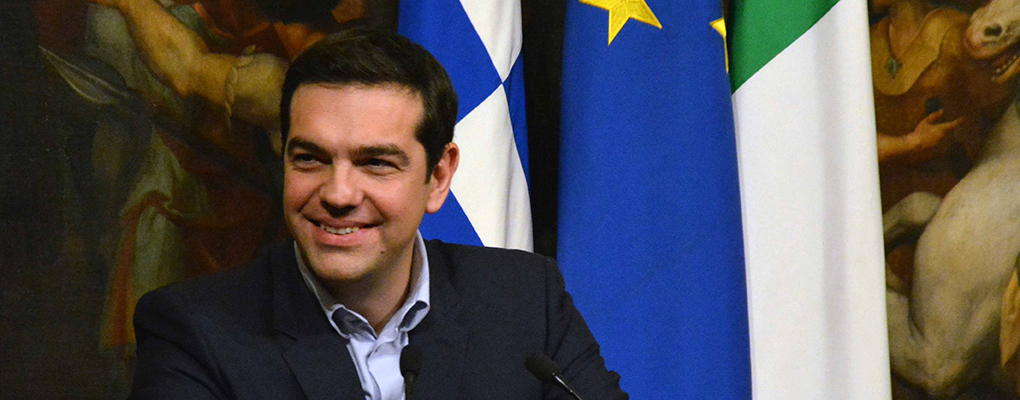
The much-anticipated negotiations between the Greek state and the Troika concluded on February 20, as the latter agreed to extend the country’s bailout agreement. Despite this small respite granted to President Tsipras and Finance Minister Varoufakis, the complex steps that must be overcome over the next six months indicate a treacherous road ahead for the struggling economy.
Failing to reach each of these goalposts could result in a default of Greece’s bailout extension and a possible withdrawal from the Eurozone
The first and most pressing is the short-term bailout extension, which is currently under discussion and pending approval from the Eurogroup. As agreed, Greece submitted its proposed list of structural reforms on February 24 to Eurozone leaders in order to secure the bailout extension. The six-page document submitted to Brussels includes plans to combat tax evasion, which is rife across the country, along with much-needed improvements to the mechanisms for tax collection. Also promised is a concentrated effort to combat petroleum and tobacco smuggling, together with other pledges made by Tsipras during his pre-election campaign; raising a level of uncertainty regarding the document’s approval.
The next phase and obstacle to overcome involves agreeing upon the terms and conditions for completing the bailout agreement, as well as the resolution of pending items. The outcome of negotiations must be approved by the Greek parliament sometime in March or April, which has sparked fears of discord within the governing Syriza party and a potential governmental collapse.
In the event of a smooth ratification of the agreement, a new programme will be negotiated, which includes the adoption of stringent fiscal measures aimed at debt relief. This once again has to win the support of the Greek parliament, a difficult feat given the likely antithesis of such reforms to the populist promises made by Tsipras.
Failing to reach each of these goalposts could result in a default of Greece’s bailout extension and a possible withdrawal from the Eurozone. Such an outcome would be disastrous for the Greek economy and the country’s citizenry, who have lived with years of poverty-inducing austerity measures. Despite the difficult road ahead, many experts believe that a Greek exit will not transpire. This is further evidenced by the general consensus as shown by a survey published by Eleftheros Typos newspaper in January, in which 74.2 percent of those polled, agreed that Greece should stay in the Eurozone at all costs.


